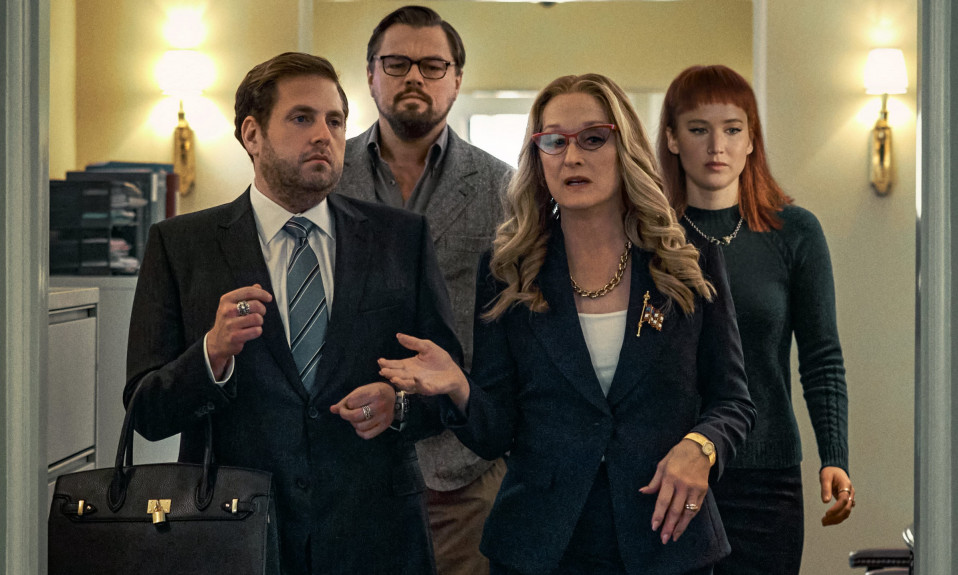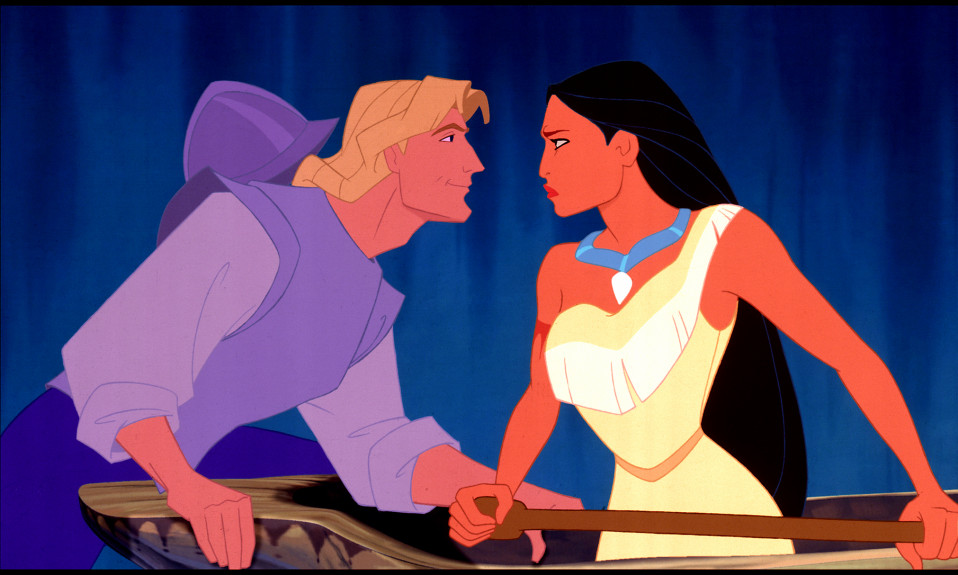If you asked me about streaming back in the 2000s, I couldn’t imagine anything beyond YouTube videos and niche sites. I surely wouldn’t imagine the multi-billion-dollar industry it is today. And although the Golden Age of streaming helped reduce piracy in the music industry, it has increased movie piracy. One would think the convenience of streaming would mean that fewer people feel the need to pirate content, but it’s quite the opposite.
The Rise of Streaming
With faster and cheaper internet speeds in the 2000s, it was only natural for some entertainment content to start moving from cable to online. At first, it was limited to YouTube and small websites. Then Netflix, a small video subscription service, came online. With House of Cards, it broke the barrier and made TV streaming mainstream.
And yet, with pirated video material getting over 230 billion views a year, we are in the Golden Age of digital piracy. Here’s why;
Subscription Fatigue
Back in the day, you just needed to invest in one really good cable subscription and you were set. Now, video entertainment is split over a dozen online platforms each specializing in different genres. Maybe you’re satisfied with the dramas on Hulu but your spouse wants to watch reality shows on Netflix and your kid simply can’t settle for less than Disney+. Regularly paying for three or more costs far more than cable ever did. So the average person does what they can to cut costs.
Streamers Hiking Prices and Tightening Regulations
Over the last couple of years, most streamers have hiked their prices a couple of bucks. This has put more financial pressure on the subscribers already experiencing subscription fatigue. On top of that, Netflix recently created measures to prevent password sharing outside a subscriber’s household. This extremely unpopular move means that an account (even a family account) can no longer be shared among people who don’t physically live together. Once again, streamers are forcing subscribers to spend more money.
Content Deletions
Perhaps the most egregious of all, many streamers are pulling huge chunks of content off their platforms. Netflix is notorious for cancelling shows only one season after their release. This frustration is causing many people to opt out of streaming altogether. Worse than that is streamers like Disney+ deleting swathes of completed TV shows and classic films that only exist online. Many people see piracy of such content as historical preservation of art which would otherwise be completely erased from living memory.
So, what Are Streamers Doing About It?
While the ethical concerns of piracy can be debated, the fact is that the movie industry loses between $40 and $97.1 billion every year from digital piracy. And, of course, streamers want their cut. A few measures are being taken to curb movie piracy. As anyone who uses Netflix knows, you can’t screenshot or screen record any image on the Netflix app. This is a measure applied by quite a few streaming services. Platforms can also embed invisible digital watermarks in their content which helps to identify whether duplicate content has been stolen. Website blocking is used to limit access to the most notorious TV and movie piracy sites. But despite preventative methods and thousands of take-down notices issued to pirates, the issue persists.
All in All,
Streaming has changed the landscape of movie consumption by making TV and film accessible to thousands of more people. But the increased access to the internet coupled with the pitfalls of streaming has also opened the floodgates to rampant movie piracy. What’s your take?
Also Read: The New Hollywood: Streaming Giants













